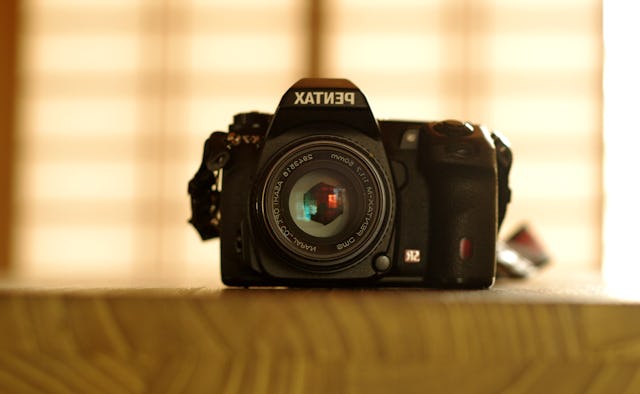Do You Remember When You First "Knew Yourself"?

In my writing about habits and happiness, I keep coming back to the same idea: To shape our habits and build our happiness, we have to start with a knowledge of ourselves—our own natures, our own interests, our own temperaments.
It sounds so easy to know yourself—after all, you hang out with yourself all day! But it’s very, very challenging. We’re so distracted by how we wish we were, or by what think we ought to be, or by what other people expect from us that we lose touch with what’s actually true.
The first step in self-knowledge is self-consciousness. I was struck by these two stories, by two great minds: Carl Jung and Edith Wharton. They both remembered exactly the moment when they knew themselves for the first time.
In a 1959 “Face to Face” TV interview, Carl Jung said:
That was in my eleventh year. There I suddenly—on my way to school, I stepped out of a mist. It was just as if I had been in a mist, walking in a mist, and I stepped out of it, and I knew, “I am. I am what I am.” And then I thought, “But what have I been before?” And then I found that I had been in the mist, not knowing to differentiate myself from things. I was just one thing, among many things.
You can watch the video of the interview here, at 3:01:
In the very first paragraph of her autobiography, A Backward Glance, Edith Wharton recalls:
It was on a bright day of midwinter, in New York. That little girl who eventually became me, but as yet was neither me nor anybody else in particular, but merely a soft anonymous morsel of humanity—this little girl, who bore my name, was going for a walk with her father. The episode is literally the first thing I can remember about her, and therefore I date the birth of her identity from that day.
Do you have a particular memory of realizing, “I am”? I have a very vivid memory of standing on a step-stool to look in the mirror above the sink in my kindergarten. I thought very distinctly, “That’s me in the mirror. I’m right here, right now, standing at the sink, looking in the mirror.” But I don’t recall if that was the first time I’d had a thought like that.
Weirdly, when I remember that moment, I remember thinking that thought, but I envision myself from a distance—I don’t see my face in the mirror, but my whole body, from across the room.
To read more by Gretchen Rubin, visit her site.
This article was originally published on